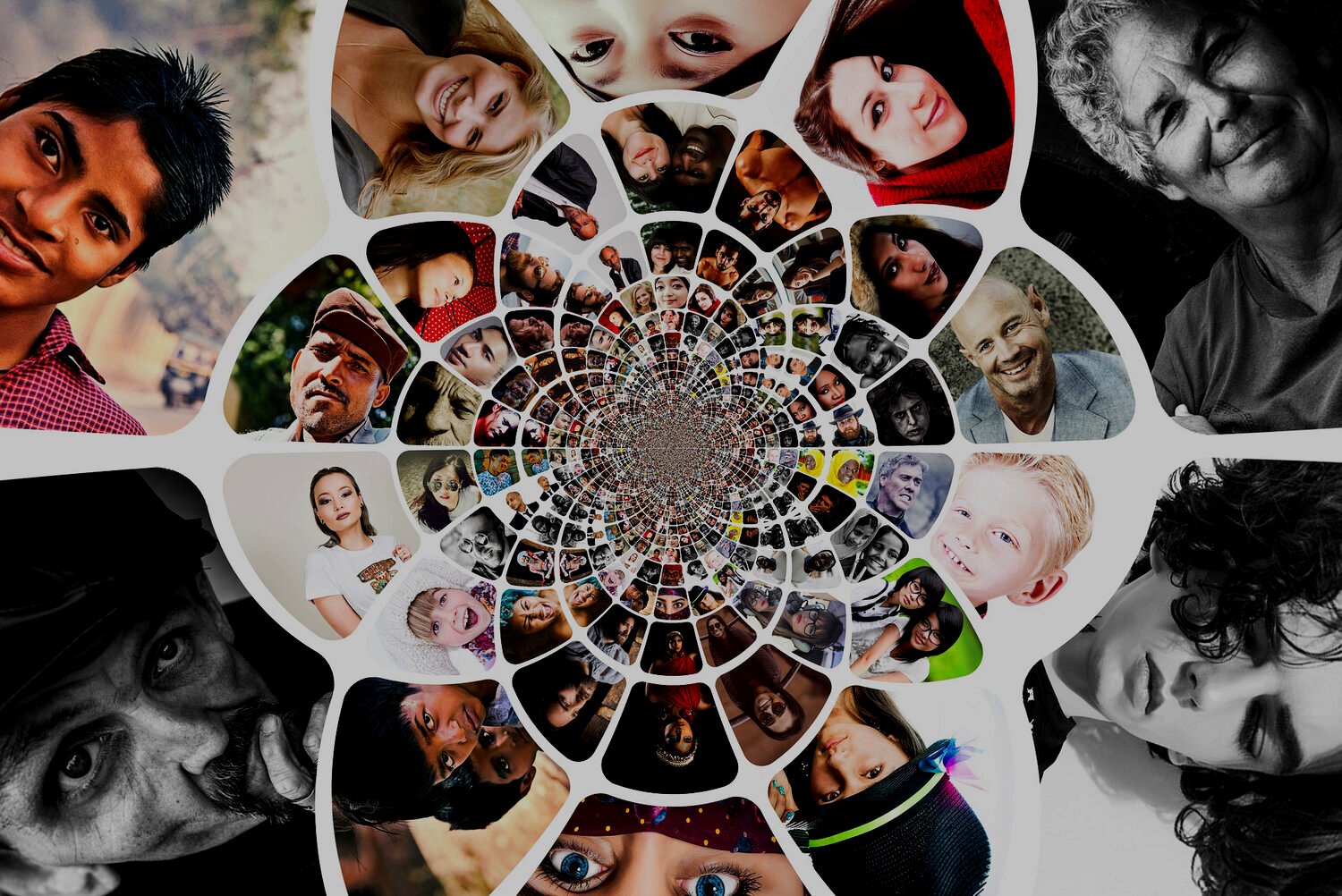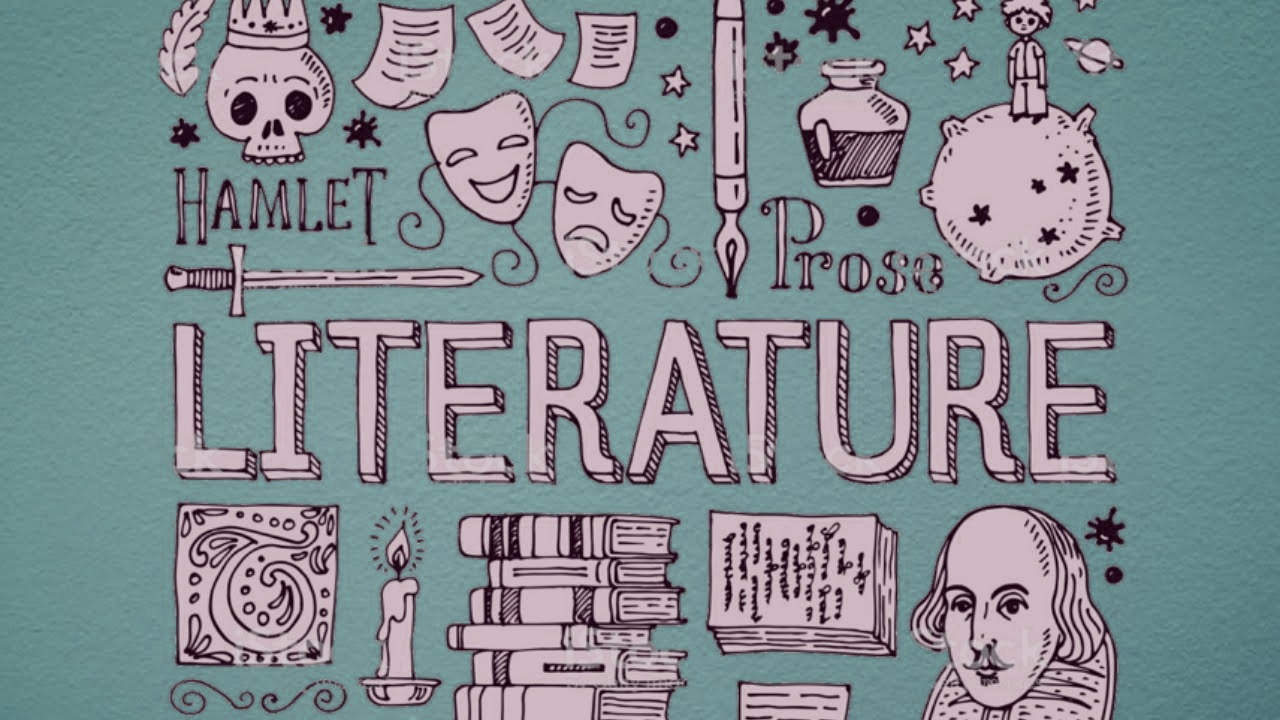France is a nation with a centuries-long history, much like the United Kingdom. Napoleon, croissants, Edif Piaf, and the Arc de Triomphe are just a few of the many fascinating and stunning things that it is responsible for.
Despite the UK’s exit from the EU, the relationship between the French and the English has been tense over the years, but it is now friendlier than ever. As a result, there are more people speaking French and English than ever before.So its important to study French in 2024.

Explore the Contents
Where is French spoken?
Similar to the United Kingdom, France underwent an imperialist era that led to French language being spoken in many nations. They are referred to as Francophone nations. Due in great part to their history as French colonies, 29 nations have made French their official spoken language.
The following nations only recognize French as their official language:
- Benin
- Burkina Faso Congo
- Congo’s Democratic Republic
- The Ivory Coast
- France, naturally
- Guinea, Gabon, Mali, MonacoSenegal and Niger
Then there are a couple more where the French language is also recognized as official:
- Germany
- Burundi
- Cameroon
- Canada
- Central African Republic (Chad)
- Comoros
- The Djibouti
- Guinea Equatorial
- Haiti Luxembourg
- Madagascar
- Rwanda
- The Seychelles
- Switzerland
- Vanity
Naturally, since language is so malleable, it need not be spoken primarily in order to have influence. French is the root language of many English words. While some of these are clear, others are not.
For instance, you may be aware that the words soufflé, entrepreneur, and coup d’état have French roots. However, we frequently use hundreds of additional English words without realizing their Gallic roots. Terms like money, guidance, honesty, television, and music have their roots in French. As a matter of fact, almost one-third of all English terms have French roots.
French is undoubtedly a language that should be studied carefully. However, what use does learning a foreign language have? These days, isn’t English spoken by all?
Benefits of learning a language
There are several advantages to speaking a second, third, or fourth language. In our blog post titled “What language should you learn?”, we’ve covered ten of them.
Many of these are applicable even if you don’t speak the language perfectly; in fact, you’d be surprised at how helpful a few well-chosen words can be!
Travel
Speaking the language of the place you’re visiting will make it easier for you to navigate about, read menus, road signs, and train schedules, as well as to converse with the many fascinating people you’ll meet.

Job opportunities
Speaking another language could help you in your work. You will have a significant advantage if you are seeking for work abroad because it will open up a plethora of translation options. Additionally, it shows prospective employers that you are able to sit down and give a long-term endeavor your whole attention.
Read More:How foreign students can study in Canada
Cultural perspectives
Speaking well in a foreign language with another person can occasionally sound like random noise. You could notice a few odd phonemes or the tone of the spoken language, but you might miss the nuances and depths of meaning that are being expressed.

Understanding a second language gives you a rather unique perspective on the lives and behaviors of many people. Your empathy for other cultures will grow, and you’ll find it simpler to appreciate foreign music, literature, art, and religion.
According to some research, learning a new language may even cause your brain to undergo a rewiring that creates new neural pathways and opportunities!
Impressing people
It is impressive to be multilingual. It’s probably a good idea to learn a second language if you want the people you meet to think well of you. Naturally, this is a very insignificant gain in relation to the work required, but let’s be honest—it’s kind of cool.
Learning other languages
Learning a second language usually makes learning a third and a fourth easier for someone. Certain languages are easier (that is, distinct from English), whereas others merely need a small leap.

Acquiring proficiency in a single language will aid in your understanding of linguistics as a whole, which will assist you in deciphering the laws regulating other languages. If building is your thing, you might even be able to create your own, such as Dothraki or Sindarin!
Why is French a good language to learn?
There are many options accessible to you if you’re considering learning a second language, and each has its own perks.
Your decision will usually be influenced by the lifestyle you have chosen. Learning Japanese could be beneficial, for example, if you wish to live and work in Japan. All things considered, though, there are many reasons why learning French is the greatest option for anyone wishing to learn a modern foreign language.
1. It’s easy
Many of the foundational concepts of French are already familiar to you if you speak English. You may initially find it difficult to pronounce some sounds, such as the English word “oe,” which is a vowel. However, it is based on the same alphabet as English (as opposed to, instance, Arabic or Mandarin, which call for whole distinct writing systems), and there are no difficult vowel intonations to figure out.
Our open step on the French alphabet and pronunciation provides an overview of the letters and their pronunciation.
2. There are plenty of materials
You will have access to an abundance of learning resources for French that are just not available for other, less common languages if you wish to learn it. More than a dozen French courses are offered by Futurelearn to students of all skill levels. Additionally, there is French content available that isn’t meant for instructional purposes:
- Newspapers
- Magazines
- NIine movies
- Television
- YouTube
There is no better way to learn French than reading a lot of literature if that is your goal. Having said that,
3. The literature
The number of poets and novelists that France has produced exceeds its share. These pieces have a distinct personality that is best understood by reading them in their original language. Naturally, reading Proust or Hugo requires a rather sophisticated level of French reading proficiency.

But doing so will only help you become a better reader of French. Reading should be enjoyable, as this will increase your likelihood of sticking with it and allow you to practice reading at the same time.
We offer a course on Reading Poetry in French from the Manchester Grammar School if you’re interested in learning about French literature. You’ll learn about everything from structure and versification to the feelings evoked by exceptional poetry.
4. The food
There is a sizable number of culinary terminology in Wikipedia’s list of English words that have been borrowed from French. This is because learning French can help you better comprehend some of the terminology used in cooking, which has greatly advanced thanks to the contributions of the French.
5. The culture
Many of the amazing things produced by the French-speaking globe are only truly comprehended by native speakers of the language. Speaking the language will enable you to fully appreciate the cultural gems you encounter when visiting Francophone nations. Why not take our courses on Francophone Traditions and Celebrations and People and Places to get a taste of what you might learn?
How to learn French
Thus, picking up French is a smart move. But how might one approach it most effectively? Most of the time, a mix of various approaches works well. To effectively accommodate your preferred learning method, you should strike a balance.
Take French classes
Approximately 125,000 pupils will be taking French as their most popular modern foreign language at the GCSE level in 2021. Even if you’re still at the beginning level, there are still opportunities to learn if you’ve dropped out of school.
Learn French at home
Learning the language outside of a traditional classroom environment is feasible because of the abundance of remote learning tools available. In actuality, if you’re reading this, you’re already learning about learning French, so there’s no reason you can’t continue.
French courses
Our open steps on the topic are a fantastic place to start. Say “Bienvenue dans le cours de français” to begin. Next, learn how to say hello to people.
King’s College London’s Foundations of French for Global Communication is an excellent place to start if you’d want a more in-depth introduction to the language. The Learn French for Global Communication microcredential is another fantastic offering from King’s College for those just starting out.
Language apps
What you can learn using an app has its limits. However, an app can be very helpful for the language’s memorization-based components, such as gendered nouns, verb tenses, and vocabulary. An app can help you if you have a few minutes to spare while waiting in line, traveling by train, or filling in the time between shifts.
Practise French online
Modern high-speed internet makes it possible for distant learners to study the language not just in written form but also in audible form and to have conversations with committed professors.
Live in France
You will be under considerably more pressure to learn if you live in France and depend on speaking the language to get by. Thus, it would be a good idea to stay in the nation for a few months. You’ll also learn more about the language as it’s actually spoken, including slang and regional accents, in this way.
How long does it take to learn French?
Your learning curve for French will vary depending on a number of factors. These consist of your innate personality, your linguistic proficiency, and your degree of concentration and focus.
The amount of hours you’re willing to dedicate to practicing on a daily basis is the most crucial of these, though. You cannot expect to get better at French if you do not frequently write and speak the language.
French is one of the simplest languages to learn, as we mentioned in our blog post on How to Learn a Language. According to the US Foreign Service Institute, it falls under Category I, requiring 600–750 instruction hours in order to achieve “professional” proficiency.
How to learn French fast
A well-designed curriculum will significantly increase the effectiveness of the language learning process. Speaking and writing can begin as soon as you can string a few sentences together. You can fix all of your early errors once you can accomplish it.
You can avoid making the same mistakes twice by getting help from qualified tutors and native speakers. When learning on your own, there’s always a risk of mistakes becoming habits. Try one of the previously listed beginner courses if you prefer to stick to a set syllabus.
As you become a little more experienced, you might also have a look at our intermediate courses on People, Places, and Events and Discovering Worlds from the Open University.
Tips for learning a new language
A few pointers are worth keeping in mind if you want to maximize your chances of learning the language rapidly and having fun while doing so. Let’s review them now.
Set out a goal
Setting goals is a smart idea when starting any new undertaking. In this manner, you’ll be able to assess your progress and determine how near you are to reaching your objectives.
Learn the vocabulary
After acquiring a core vocabulary of approximately a thousand words, you can begin modifying them to fit your needs. Most English speakers are familiar with between 15,000 and 20,000 word families, or words that have a common etymology.
In actuality, you may get by using a rather small amount of words. Here, too, the Pareto principle applies. According to the principle, about 20% of the inputs produce about 80% of the results. So, you should be good to go if you can pronounce 20% of the vocabulary in French. This is where you may reach your goal as fast as possible with easy exercises like these.
Find other students
You’ll find it lot simpler to retain all of the knowledge you’re learning if you can communicate in French on a regular basis. However, if you need to practice frequently, as you do, it might not be so easy to find a fluent French speaker to bounce off of. Thus, take the following best step and learn from your classmates.
Consume media
As we’ve already mentioned, reading in French can facilitate faster learning. However, this also holds true for other media, such as television, music, and film.
Visit France
It is ideal to spend as much time as possible in a French-speaking nation. The simplest method to accomplish this if you’re in the UK is to cross the channel. However, you’ll receive a comparable reward in Senegal if that’s where you’ve always wanted to travel.
Final thoughts
A very beneficial and fruitful use of your time and energy is learning a language. However, it can also be a lot of fun, opening your mind to concepts and ideas that you might not have otherwise been exposed to and giving you a fresh perspective on language in general.
If you’re wanting to learn a modern foreign language for the first time, French is a terrific option. But it should be quite easy for you to learn French if you already speak Italian, Spanish, or German!



